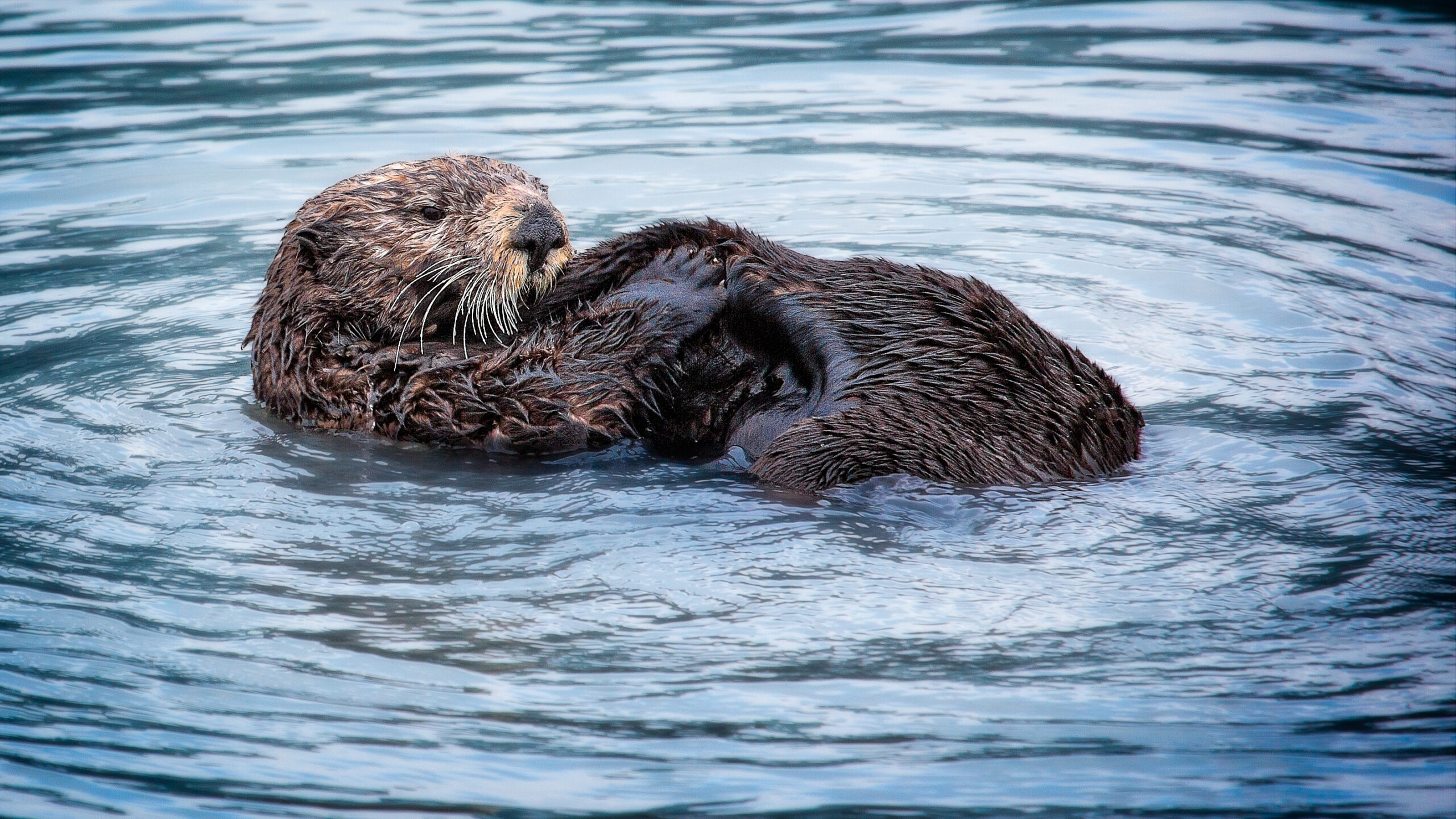For Immediate Release: May 16, 2022
| Contacts: |
Emily Jeffers, (408) 348-6958, ejeffers@biologicaldiversity.org, Center for Biological Diversity Scott Artis, (925) 550-9208, sartis@seaturtles.org, Turtle Island Restoration Network |
Biden Administration Required to Release Long-Overdue Population Reports for Manatees, Sea Otters and Walruses
WASHINGTON— In response to a lawsuit filed by the Center for Biological Diversity and Turtle Island Restoration Network, the Biden administration today agreed to release long-overdue population reports for manatees in Florida and Puerto Rico and sea otters and walruses in Alaska, as required by the Marine Mammal Protection Act.
“This is a good first step. We can’t protect these amazing and desperately imperiled marine mammals without knowing how many exist in the wild,” said Emily Jeffers, an attorney at the Center. “These documents will help us understand the threats facing manatees, otters and walruses, but they’re also important for setting limits on activities that can harm them. This will help support strong federal action to shield these animals from pollution, climate change and other hazards that are getting more and more deadly.”
A record number of manatees — more than 1,100 — died in 2021, with many of these deaths attributable primarily to the pollution of their habitat, which is killing the seagrass they eat. This represents a loss of more than 10% of the Florida manatee population.
Pacific walruses depend on Arctic sea ice for their essential life functions, and federal officials have found that climate change will destroy that sea-ice habitat and cause a substantial population decline.
“The plight of these species highlights the problems with outdated stock assessments,” said Scott Artis, managing director of Turtle Island Restoration Network. “Good management requires good information, and assuring a current, science-based population analyses is critical to the protection of marine mammals so they can survive and recover.”
The lawsuit, filed against the Department of the Interior and U.S. Fish and Wildlife Service, asked for updates to expired stock assessments for two stocks of polar bears, Pacific walruses, three stocks of northern sea otters in Alaska, the southern sea otter stock in California and two stocks of West Indian manatees around Florida and Puerto Rico.
After the lawsuit was filed in February 2021, the Fish and Wildlife Service published stock assessments for polar bears and southern sea otters, revealing that the Beaufort Sea polar bear population had plummeted to only 780 individuals.
Today’s legal agreement ensures more accurate population estimates for manatees, Alaskan sea otters and walruses. The new assessments must be completed by specific dates in 2022 and 2023, starting with assessments of the manatee populations in Florida and Puerto Rico that are due by July 29, 2022.
Under the Marine Mammal Protection Act, the Fish and Wildlife Service is required to prepare stock assessment reports for all marine mammals under its jurisdiction, including sea otters, walruses and manatees. Despite this clear directive, the agency had not updated stock assessments for years, and some haven’t been updated in more than a decade.
Accurate stock assessments are essential to the management of marine mammal populations and must be based on the best scientific information available.
The stock assessment reports serve to protect marine mammals by analyzing threats and setting sustainable levels of human-caused serious injury and mortality to marine mammals. They also guide management actions for commercial fisheries, oil and gas activities, military activities, coastal development, and other activities that may harm marine mammals.
Turtle Island Restoration Network is a global nonprofit whose mission is to inspire and mobilize people around the world to protect marine biodiversity and the oceans that sustain all life on Earth..
The Center for Biological Diversity is a national, nonprofit conservation organization with more than 1.7 million members and online activists dedicated to the protection of endangered species and wild places.





